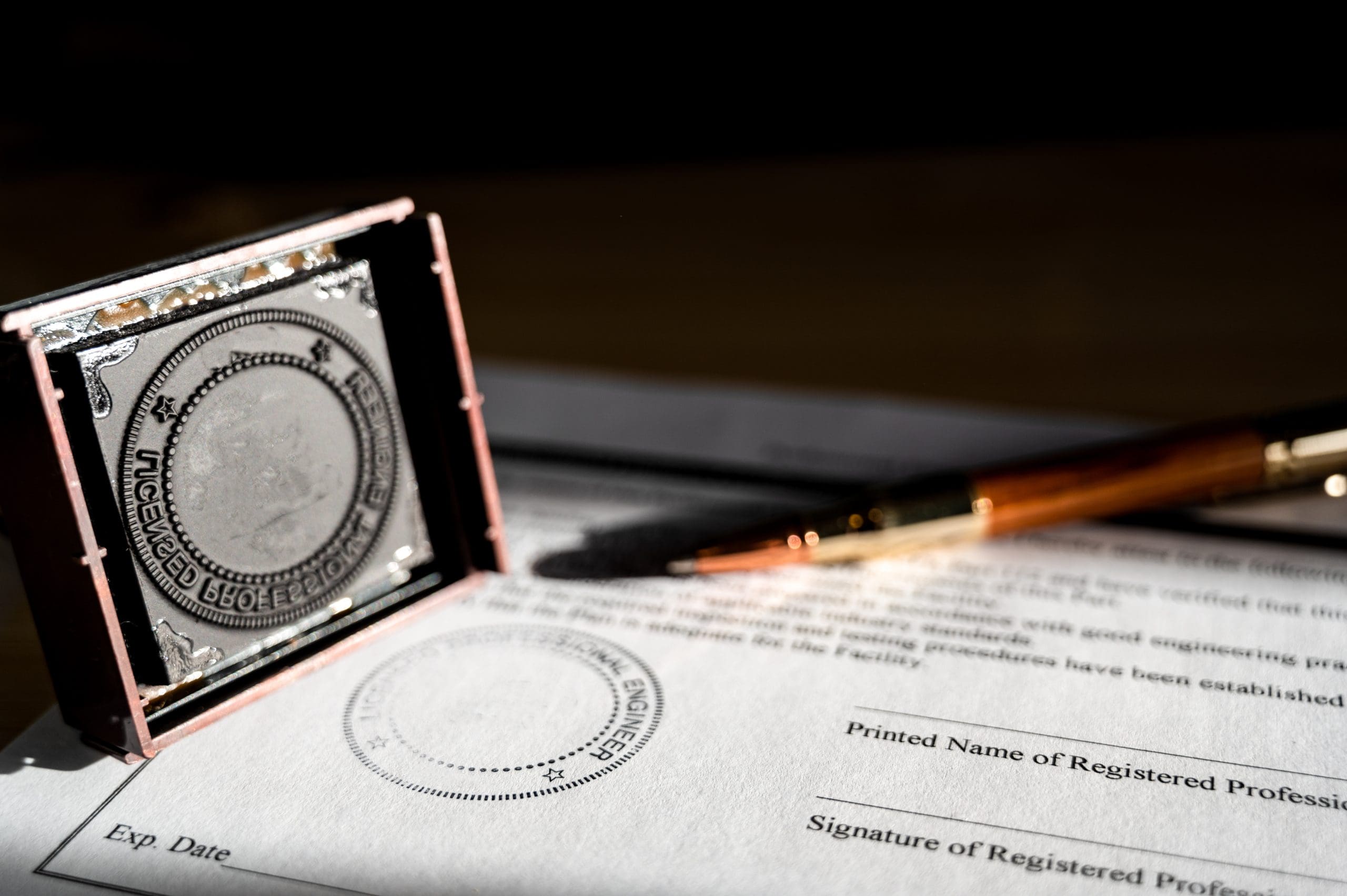Expungement is crucial for professional licensing across various fields, such as healthcare, real estate, and law. It enables individuals to pursue or maintain their careers without the stigma of a criminal past, helping them to pass background checks and meet moral character requirements set by licensing boards. However, there are limitations; in certain professions like law enforcement and healthcare, expunged records might still be considered. Additionally, these records may be accessible to specific government agencies or for immigration purposes.
The process involves determining eligibility based on state laws and board guidelines, filing a petition, attending a hearing, and ensuring all records are properly sealed. Alternatives to expungement include pardons, record sealing, certificates of rehabilitation, or setting aside convictions, each with its requirements.
Preparation for this process involves gathering necessary documents, such as employment records, character references, and proof of rehabilitation. Consulting with an attorney specializing in expungement and professional licensing is also important to increase the chances of success.
How Does Expungement Affect Professional Licensing?
- Disclose: When applying for a professional license, it is important to disclose any expunged convictions if asked about criminal history.
- Investigation: The licensing board may investigate to assess the nature of the expunged conviction.
- Evidence of Rehabilitation: It is crucial to provide evidence of rehabilitation to demonstrate that the expungement indicates a positive change.
- Legal Consultation: It is highly recommended to seek legal counsel to navigate the complex process of addressing expunged records during professional licensing.
What Are the Different Types of Professional Licenses?
Professional licenses vary across industries, including healthcare, legal, finance, education, construction, and real estate. Some examples of specific licenses are:
- Medical licenses for doctors.
- Nursing licenses for nurses.
- Teaching licenses for educators.
- Real estate licenses for agents.
Why Is Expungement Important for Professional Licensing?
Expungement plays a crucial role in professional licensing as it allows individuals with prior criminal records to pursue career opportunities. It allows them to rebuild their lives, contribute to society, and attain stable employment. Moreover, expungement promotes fairness and offers a second chance to those who have demonstrated rehabilitation and personal growth.
What Are the Benefits of Expungement for Professional Licensing?
The advantages of expungement for professional licensing are plentiful. It enables individuals to pursue various careers, such as healthcare, law, and education, without the burden of a criminal record affecting their opportunities. Expungement promotes reintegration into society, improves employment prospects, and promotes economic stability. Additionally, it supports the principles of rehabilitation and offers a second chance for individuals dedicated to positive change.
When considering the benefits of expungement for professional licensing, it is also important to seek legal advice to understand the potential impact on one’s career path fully.
What Are the Limitations of Expungement for Professional Licensing?
Expungement for professional licensing is subject to limitations based on the type of offense, the discretion of the licensing board, and state regulations. In some cases, serious convictions may not be eligible for expungement, potentially impacting one’s ability to obtain a license. Furthermore, the decision may also be influenced by the nature of the offense and the individual’s rehabilitation. It is important to note that state laws differ, which can affect the impact of expungement on professional licensing. Understanding these limitations is crucial when seeking expungement for professional licensing.
What Are the Alternatives to Expungement for Professional Licensing?
While expungement is a common method for individuals to clear their criminal records to obtain professional licenses, it may not always be the most appropriate route.
- Pardon: Involves submitting a pardon request through a state’s pardon attorney or board, completing necessary forms and documentation, participating in hearings, and awaiting a decision from the governor or pardon board.
- Sealing of Records: This process includes researching eligibility criteria, filling out forms for record sealing, submitting a petition to the court or agency, attending a hearing if required, and ensuring all steps are completed post-decision. Legal professional consultation is advisable.
- Certificate of Rehabilitation: Requires meeting eligibility criteria, usually including a waiting period and probation completion. Applicants must obtain their criminal record, provide evidence of rehabilitation, fill out an application with supporting documents, attend hearings, and follow up on additional requirements.
- Set Aside Conviction: This involves understanding the criteria for setting aside a conviction, gathering the necessary documentation, completing and submitting the application, and preparing for a court hearing to present the case.
